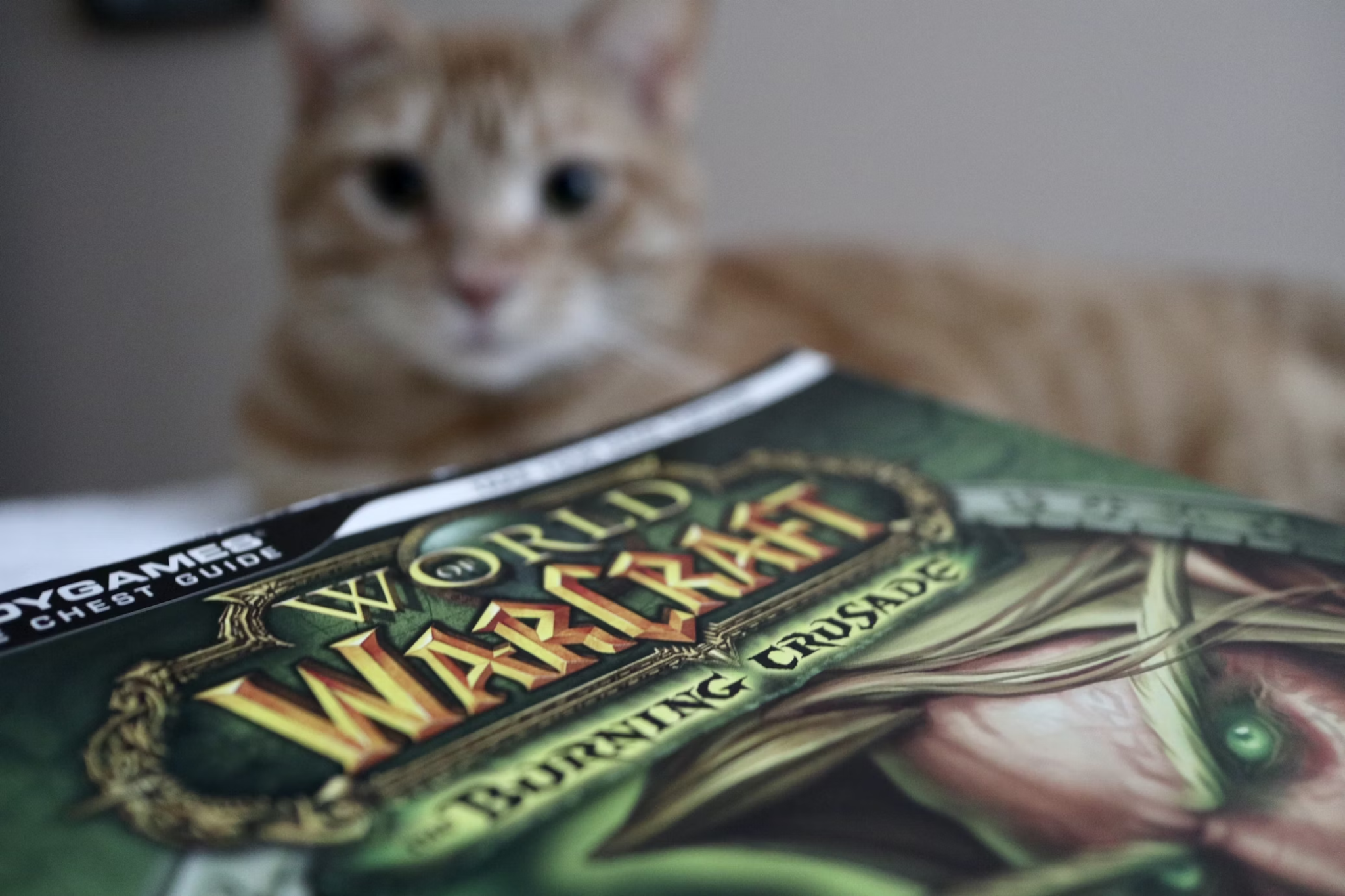MMORPGs are constantly evolving, but many of our favorite mechanics were actually ‘borrowed’ from somewhere else. Often, they’re plucked from traditional video games, but sometimes tabletop role-playing games, or surprisingly often, the casino floor. We’re going to take a look at some of the mechanics that make MMORPGs so popular that they actually have their roots elsewhere.
Hit Rate and Probability Systems
We’ve all heard of the hit rate, but where did it come from? It’s one of the most essential mechanics in MMORPGs – you’ll find it in just about all of them. Basically, it determines the likelihood of (successfully) landing an attack on an enemy – or a spell if you’re one of the magical guys. Anyway, it came from tabletop RPGs. Yep, Dungeons & Dragons style. Except, in the tabletop games, the hit rate is usually down to a roll of the dice, whereas here, in the online realm, it’s a probability system.
Next up – how that probability is worked out. In MMORPGs like World of Warcraft or Final Fantasy XIV, hit rates are often influenced by character stats. Think of accuracy or agility. Then, this is influenced in turn by enemy defenses – like evasion. Basically, if you want to succeed, you’ve got to build up your own character’s stats, while battling (read: picking on) characters with worse stats than your own. That way, the probability skews in your favor and you’re more likely to land those punishing hits.
Beyond basic hit rate, probability-based systems appear in critical hits, where attacks deal additional damage if a certain percentage change is met. Games like Guild Wars 2 reward players with larger damage numbers for landing critical strikes, echoing the idea of high-reward scenarios in other types of games.
RNG and Loot Drops
From a mechanic borrowed from tabletop games to a technology borrowed from the world of the casino. RNG (Random Number Generation) plays a central role in many MMORPGs, but it was first used in all kinds of casino games. Those who play blackjack online, or enjoy spinning slots will know that in order for a game like this to be considered fair it – has – to be powered by an RNG. These are algorithms that generate numbers as close to random as possible, ensuring that every time you’re dealing a card in blackjack (or the reels are spun in a slot, or the wheel spins in roulette etc.) you’re getting a fair deal. As we’ve discussed, hit rate runs on probability, well in order for true fairness, loot drops run on RNGs.
A quick recap for those who aren’t familiar: In games like World of Warcraft, players spend hours battling bosses in dungeons and raids with the hope of receiving rare, high-tier gear. The system is random, meaning that sometimes you’ll strike gold, and other times you’ll walk away battered, bruised, and empty-handed. Such is the nature of the RNG – there are no guarantees – and that’s why it’s so useful.
With this dastardly randomness in mind, some clever game developers have evolved the idea of ‘bad luck protection’ systems. These are sometimes tokens, sometimes guaranteed rewards after ‘x number’ of attempts. While the RNG element remains central, this protection (usually for a price) is a neat way of counteracting some of its meaner decisions.
Loot Boxes and Gacha Systems
Loot boxes and gacha systems, where players receive randomized rewards from purchased or earned containers, have become a staple in many MMORPGs. You’ll find this feature all over the place, but, for ease, The Elder Scrolls Online with its Crown Crates or Black Desert Online’s premium loot boxes are a good example. Who have we got to blame for this one then? I’d say collectible card games like Magic: The Gathering. It was in these games where booster packs containing a random assortment of cards (with varying rarities) were more or less ‘invented’.
As anyone who’s played an MMORPG will know, loot boxes create a sense of anticipation like no other. We’re all hoping for rare mounts, cosmetics, or some fancy item or other. Of course, it’s random, but that only heightens the excitement. It’s not unlike gacha mechanics. These are popular in Japanese mobile games, where users ‘pull’ for characters or items. Again, the chance of a great thing is completely random, but that’s where the fun lies.
Daily Lotteries and Raffles
Another one straight from the iGaming industry: lotteries and raffles. These have made their way into MMORPGs as well, giving players a chance to win big rewards through luck-based systems. In Final Fantasy XIV’s Gold Saucer, you can participate in the Cactpot lottery. Here, you just pick your numbers and hope for a match. If you win, you get valuables from game items, if you lose, it’s time to buy another ticket – or count yourself out of lottery for now!
The big draw here is that these are low risk, high reward. Everybody wants a mega fancy item, and to get it for a nominal amount of in game currency is ideal. Guild Wars 2 operates a similar raffle. Even Animal Crossing does it!








